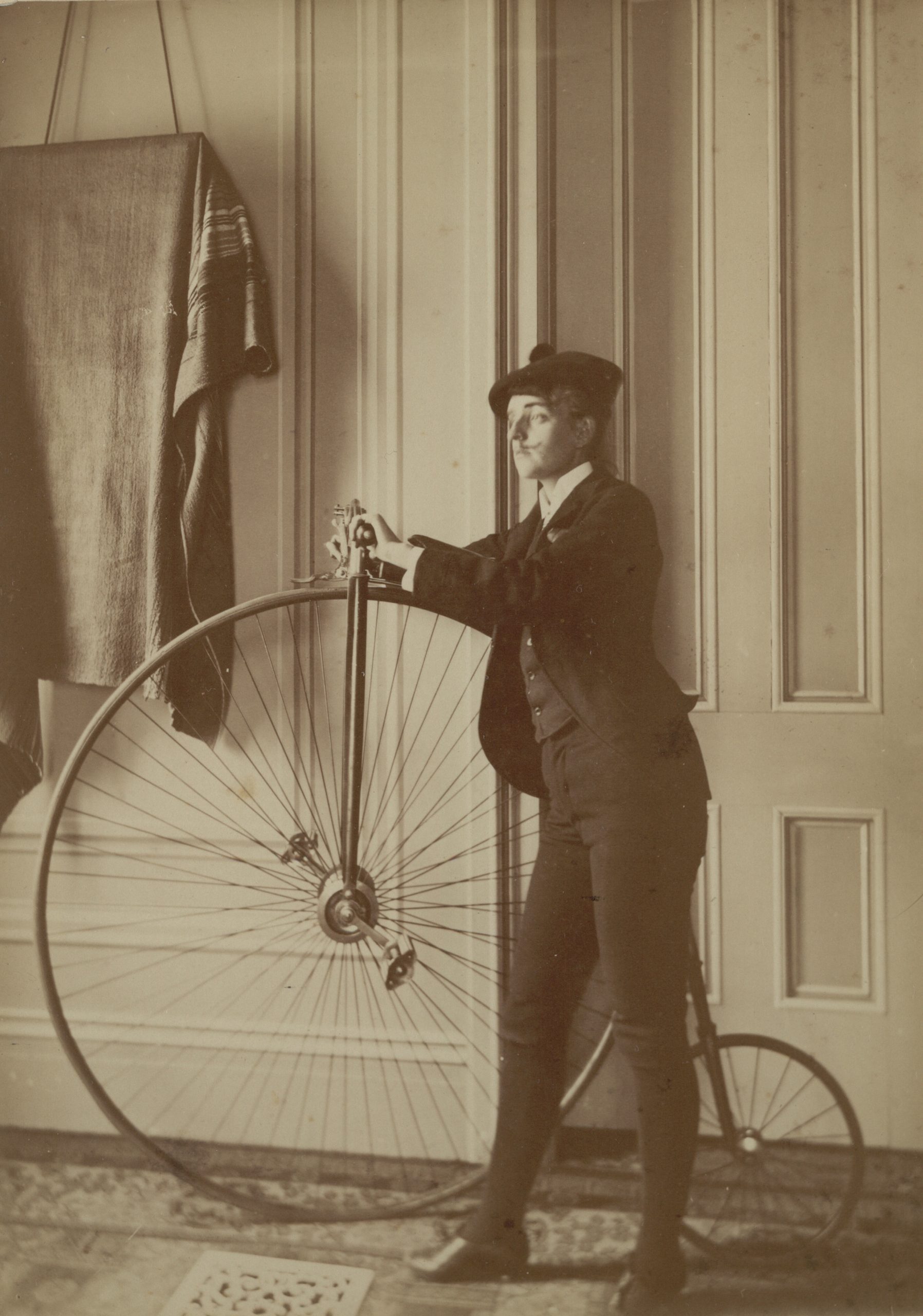Pridesick
“God opposes the proud but gives grace to the humble.” (1 Peter 5:5) Pride can be a hindrance to healing, both physically and spiritually. It manifests itself in various ways. In Matthew 9:1-13, Jesus dealt with two expressions of
pride. First, unbelief is a hindrance to physical healing—“Jesus, knowing their thoughts, said, ‘Why do you think evil in your hearts?’” (v. 4) Notice the faith of the man’s friends in bringing this man to Christ. “And when Jesus saw their faith, he said to the paralytic, ‘Take heart, my son; your sins are forgiven.’” (v. 2) Their faith was a strong faith: they believed that Jesus could and would heal him. It was an active faith: they brought the sick man to Jesus. Notice the response of the scribes: “This man is blaspheming.” (v. 3) Verse 5 records Jesus saying, “For which is easier, to say, ‘Your sins are forgiven,’ or to say, ‘Rise and walk’?” It’s easier to claim power to forgive than to demonstrate the power to heal. Jesus did the latter which proved He can do either. Actually, forgiving was harder; it required Jesus to give His life on the cross. Second, self-righteousness is a hindrance to spiritual healing—“Learn what this means, ‘I desire mercy, and not sacrifice.’ For I came not to call the righteous, but sinners.” (v. 13) Jesus receives sinners: “a man called Matthew sitting at the tax booth.” (v. 9) He called Matthew to introduce Himself into that profession. Matthew invited Christ and His disciples. He also invited many other tax collectors and sinners to meet Jesus. The response of the Pharisees? “Why does your teacher eat with tax collectors and sinners?” Jesus rebuked those self-righteous leaders. The tax collectors were spiritually sick, and needed help. The Pharisees didn’t desire Christ’s healing, because they had no need of him; they thought they had no sin problem. “Blessed are the poor in spirit, for theirs is the kingdom of heaven.” (Matthew 5:3)
Sin cera, Erik
Erik O. Garthe is Associate Pastor at Canton Baptist Church in Baltimore, Maryland.






